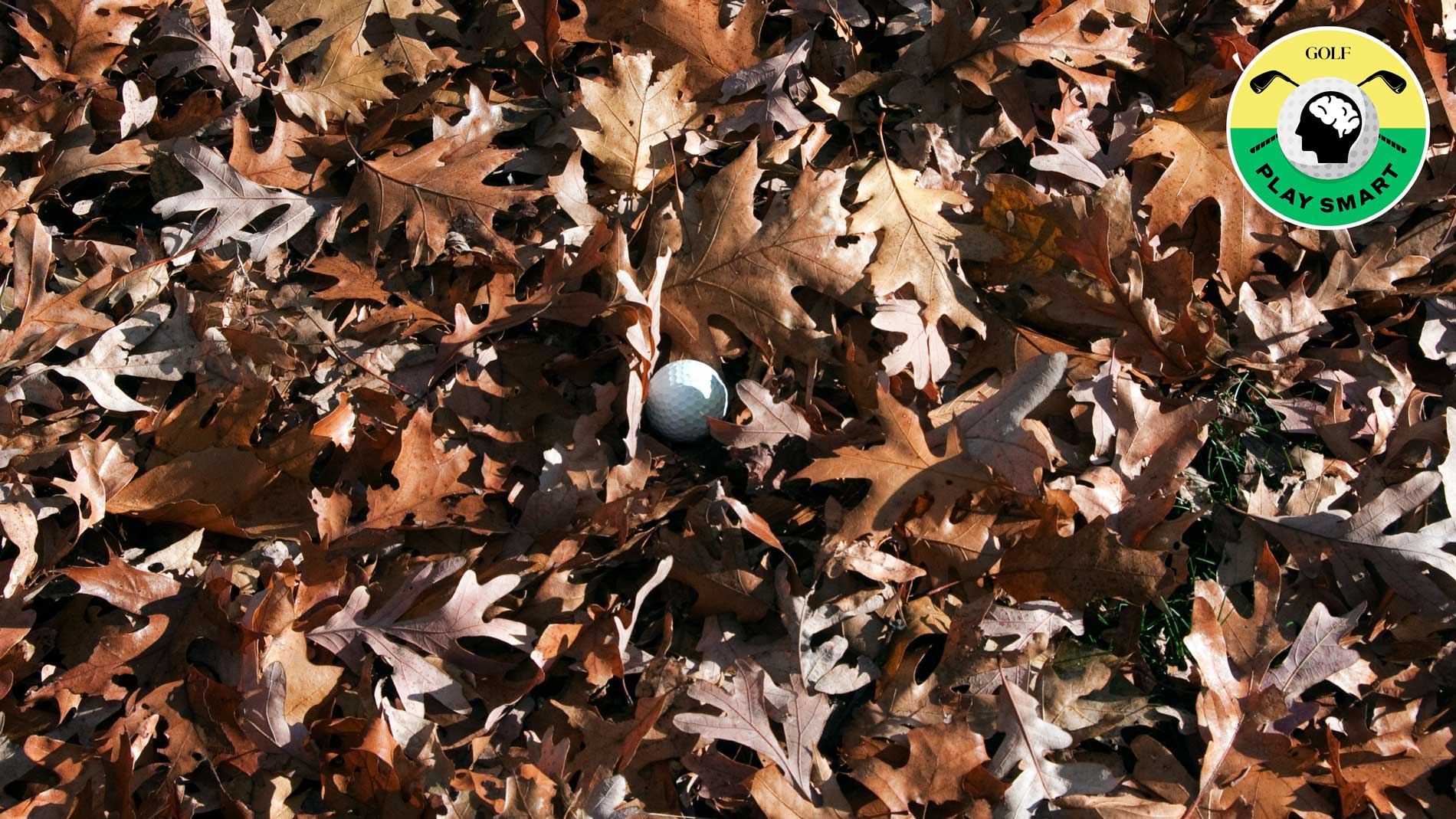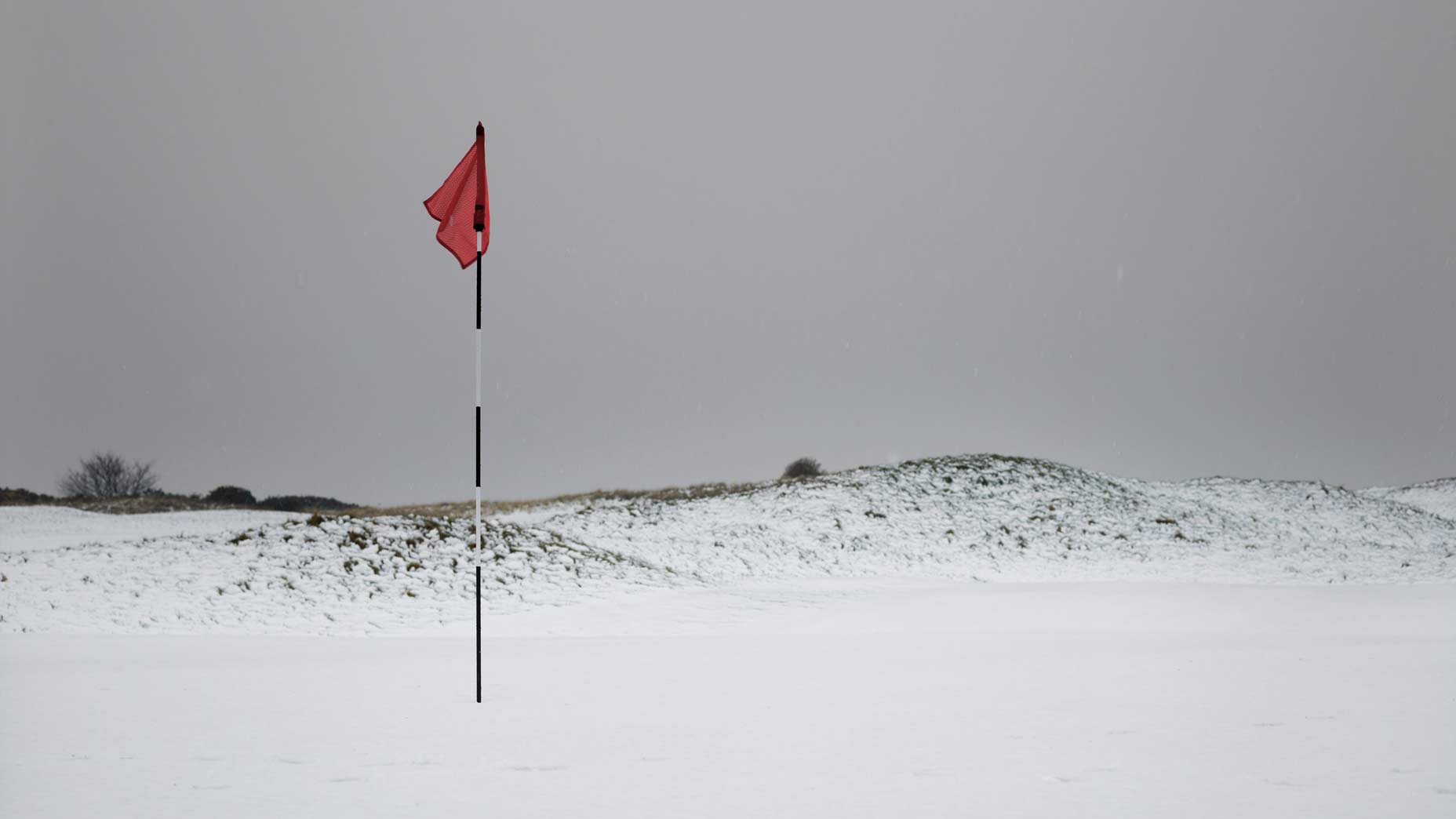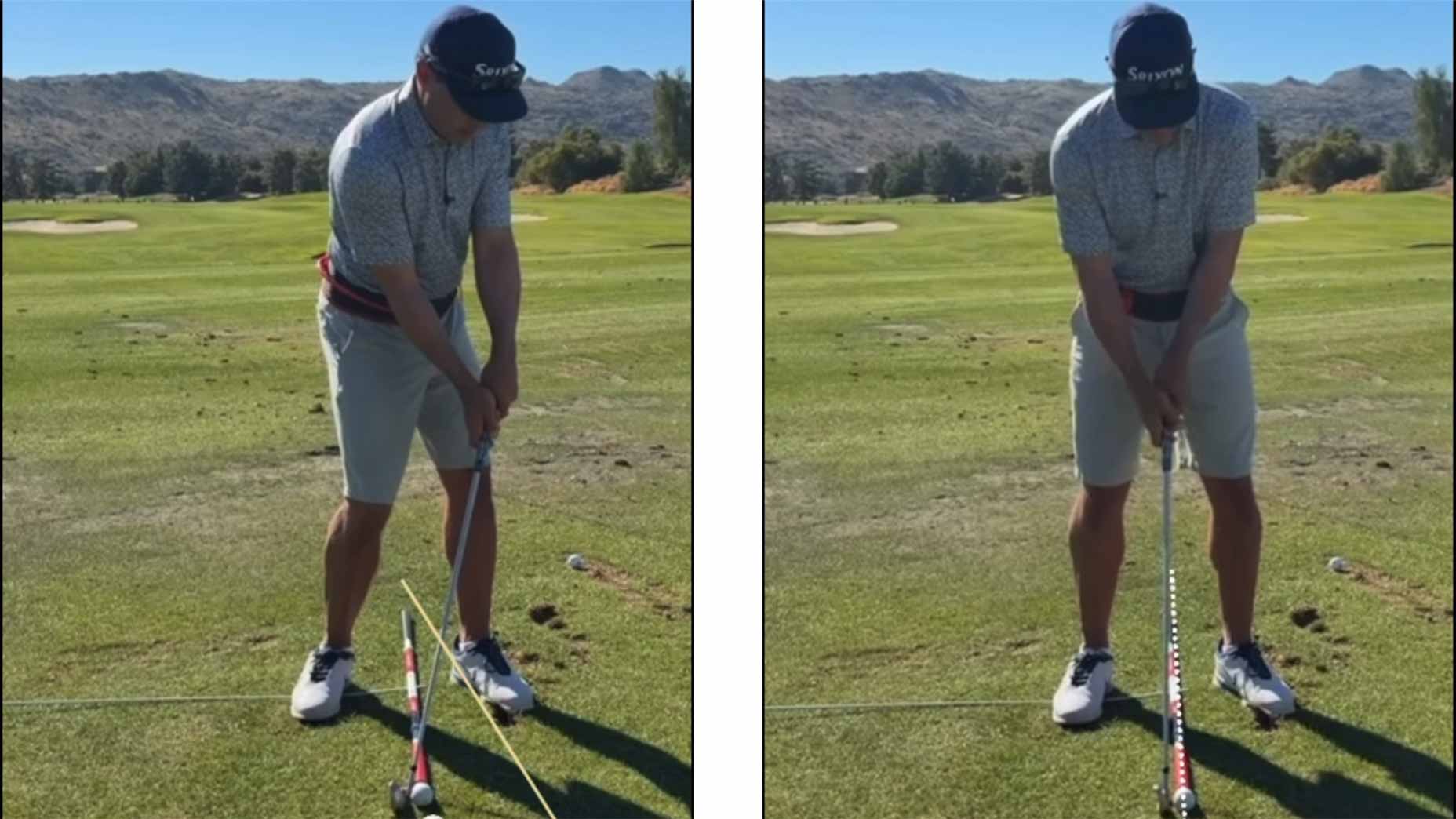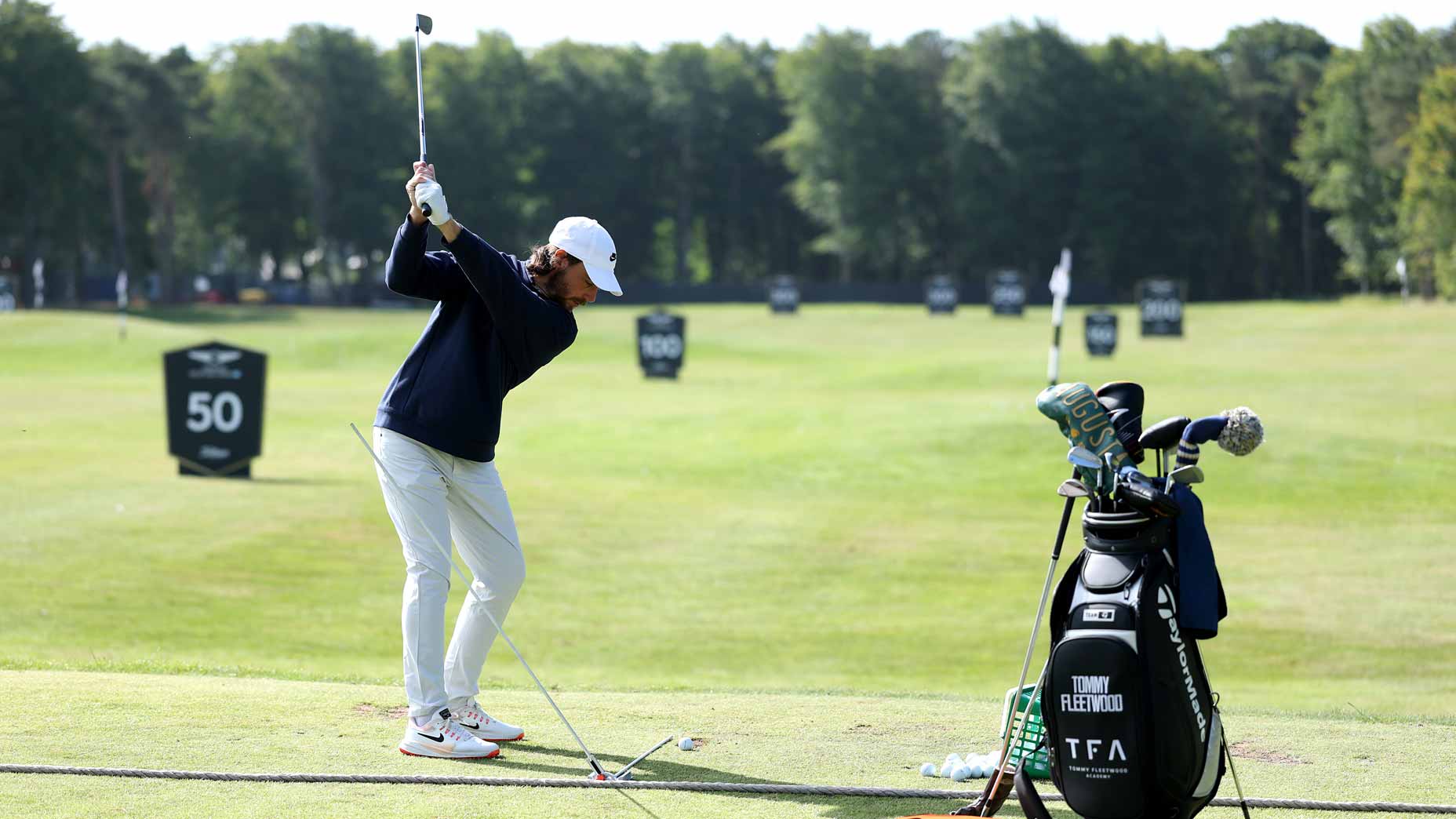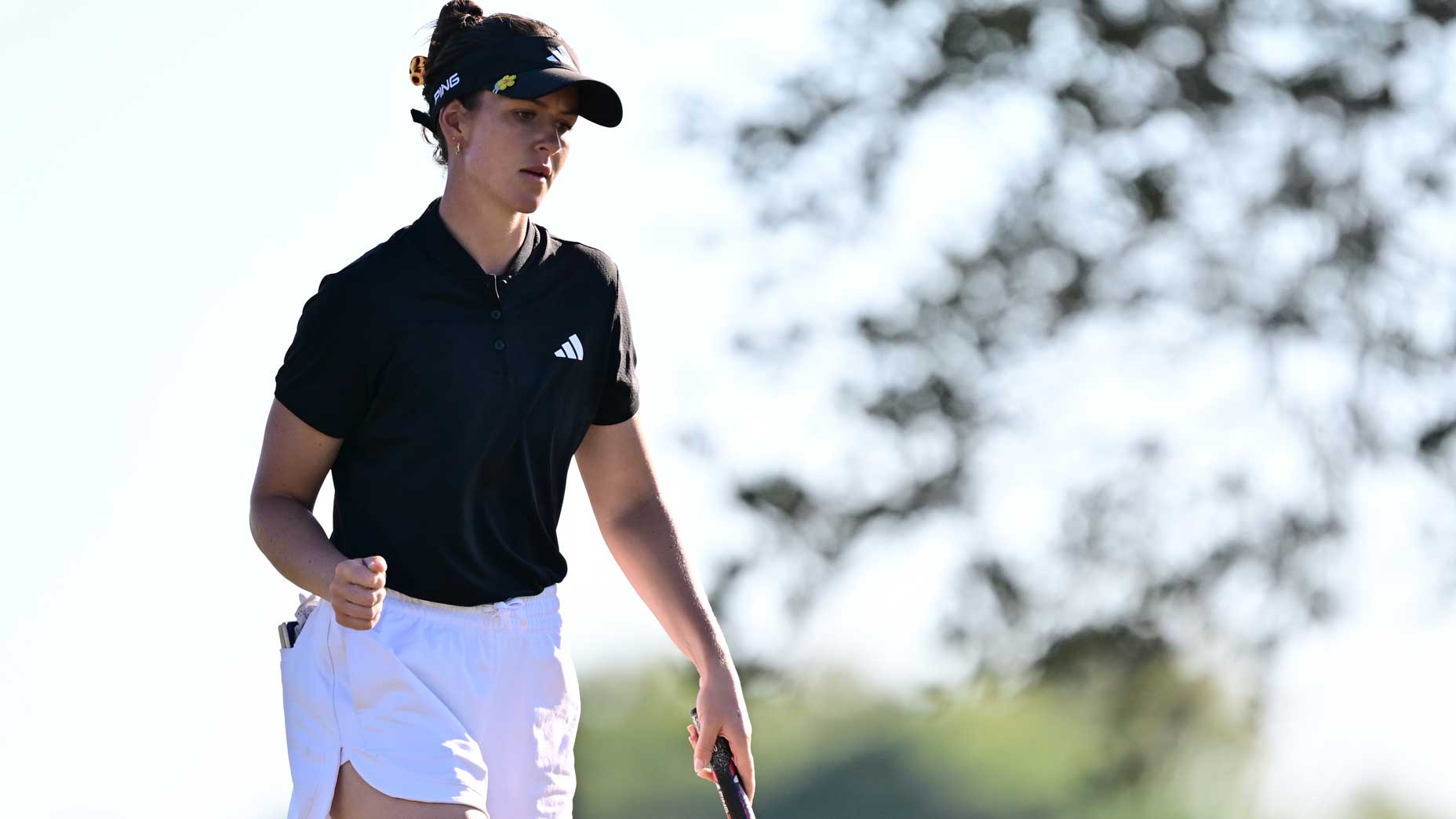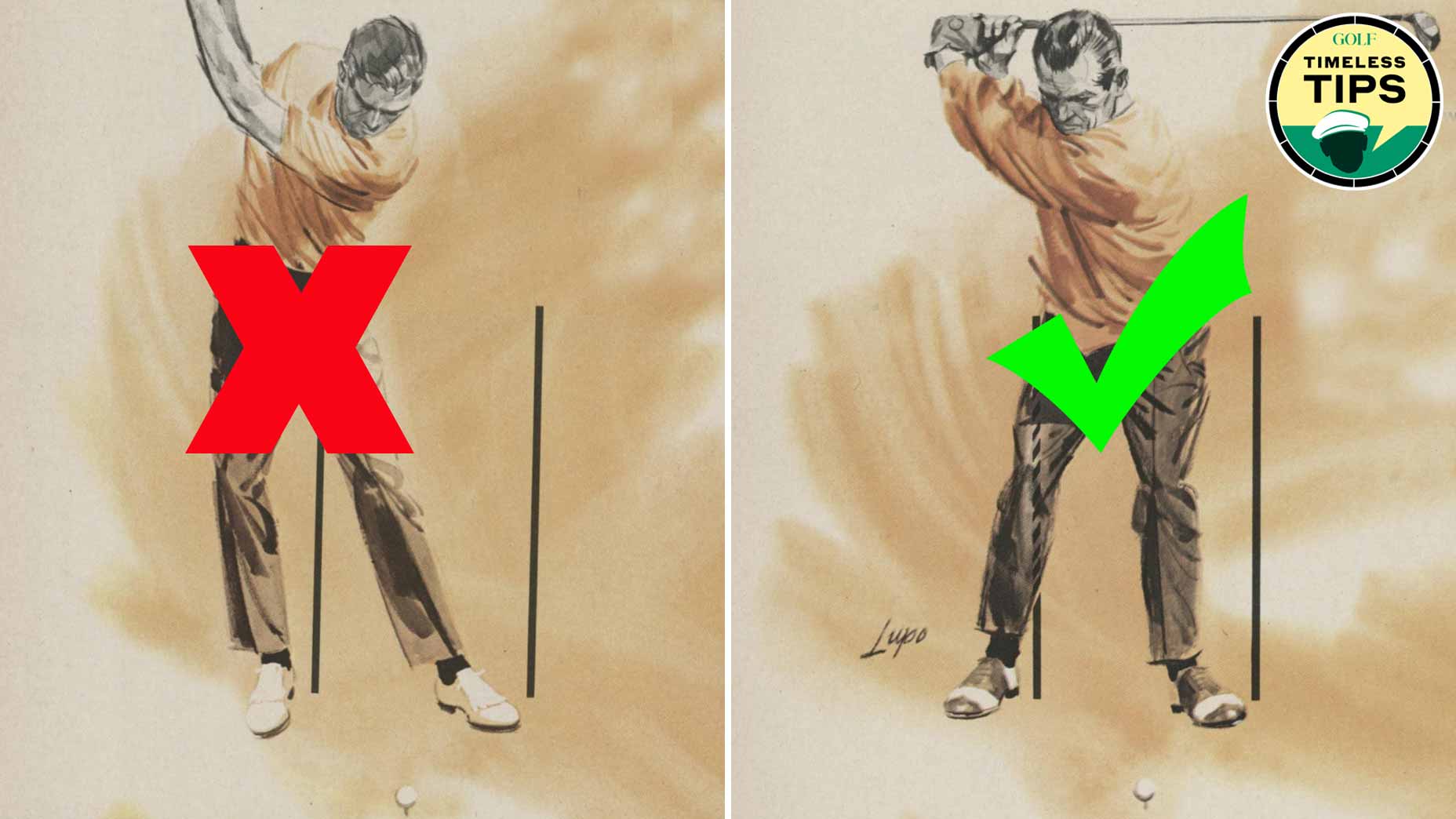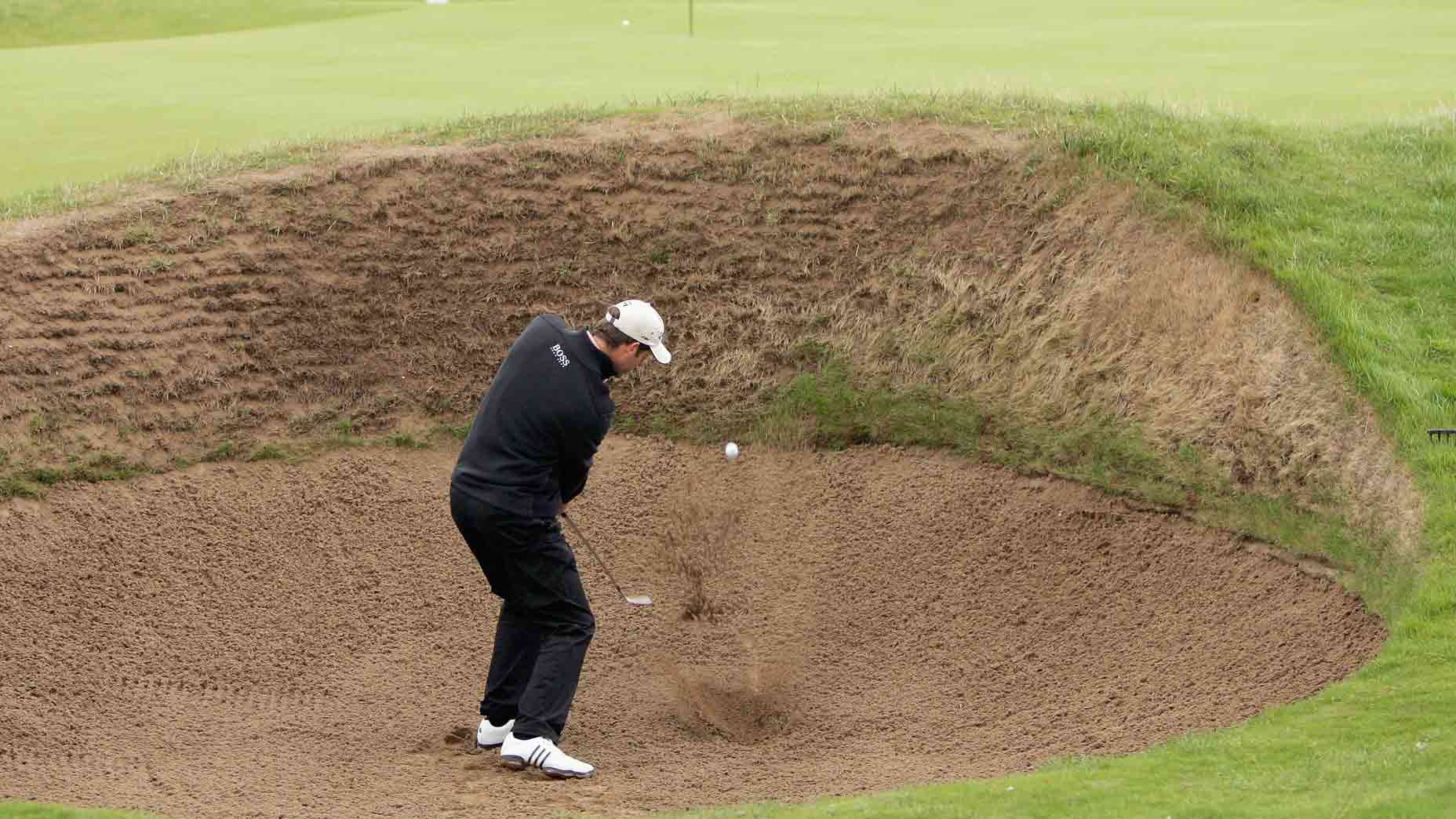I really hate saying it, but after putting on a sweatshirt and jeans this morning, there’s no denying it: Fall is here, and, in many spots around the country, that means cooler weather’s to follow.
Despite my personal aversion to the shorter days and dropping temperatures, at the very least, we can still tee it up and play some golf — even if it requires some adjustments.
For one, the ground will likely be softer, meaning the ball won’t roll as much upon hitting a fairway or a putting green. There are also some different rules to know about while playing fall golf (like the “leaf rule”), which can help for when your ball may be covered by a loose impediment.
The ‘leaf rule’ and 5 other fall-golf guidelines every golfer should knowBy: Nick Dimengo
But one of the most critical adjustments players should make during fall golf is understanding how the weather impacts carry distances, which will go a long way in helping you decide which club to use on certain shots.
So how does cooler weather impact your shot distances? I dug up some data from Trackman to get the answer.
Trackman data shows how weather impacts carry distances in golf
According to Trackman, your carry distances will be impacted quite a bit with the changing temperatures.
The golf tech brand initially compared carry distances between morning and afternoon rounds, when temps can vary by 10 degrees or more. So if you had a tee time at six in the morning, you’d have to play a much different way than if you had a tee time at 11 in the morning. Likewise, you’d have to adapt even more to a tee time in the middle of the day when it’s typically the warmest part of the day.
Based off of the Trackman data, when hitting the same 9-iron at different times of the day, carry distances change as much as seven yards — which is about half a club when trying to land your shot on the green. Check out the results in the image below, with carry distances measured at 55 degrees (left), 70 degrees (middle), and 95 degrees (right).

Although seven yards may not feel like a ton of difference, it could mean landing in a bunker versus being in the center of the putting surface. So understanding what adjustments you need to make can help you play smarter, prepare better, and execute the right shot with the right club so not to be disappointed with the outcome.
Remember, this is just a guide to help you make the best decision for your shot. So while there are other factors to be considered — like whether the ball made center-face contact versus being just off the heel or toe, or if there’s any wind or rain — it’s good to have some basic knowledge to arm yourself with as you tee it up this fall.

